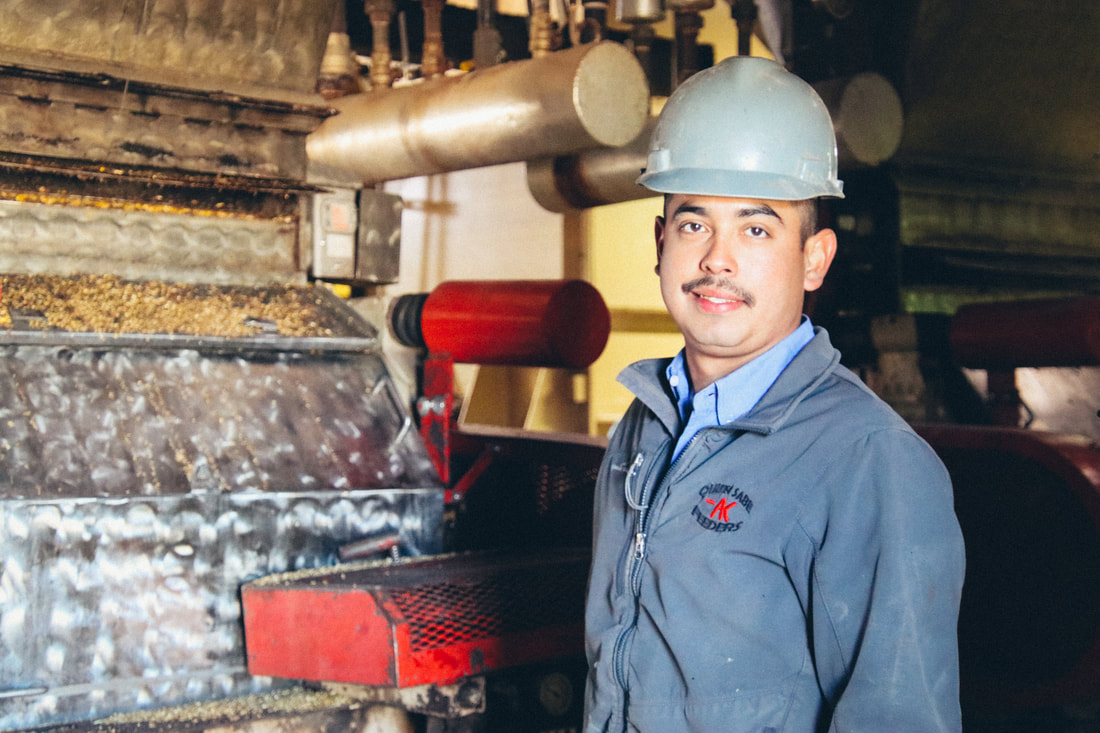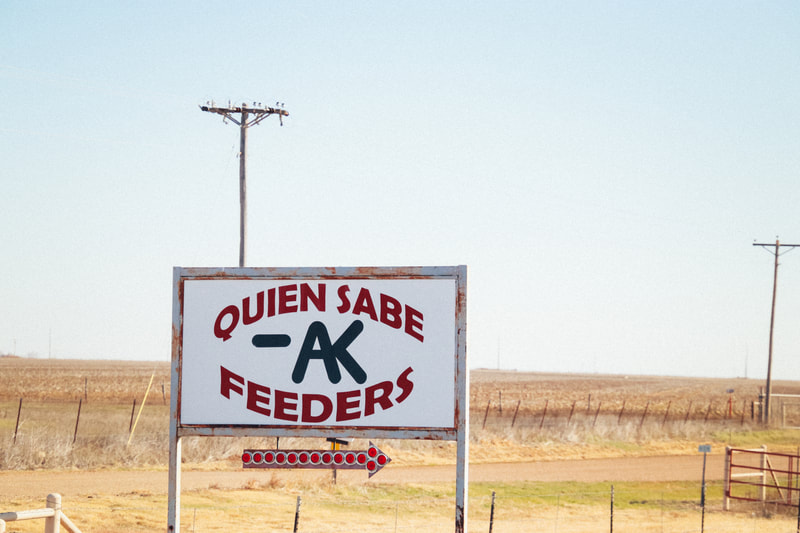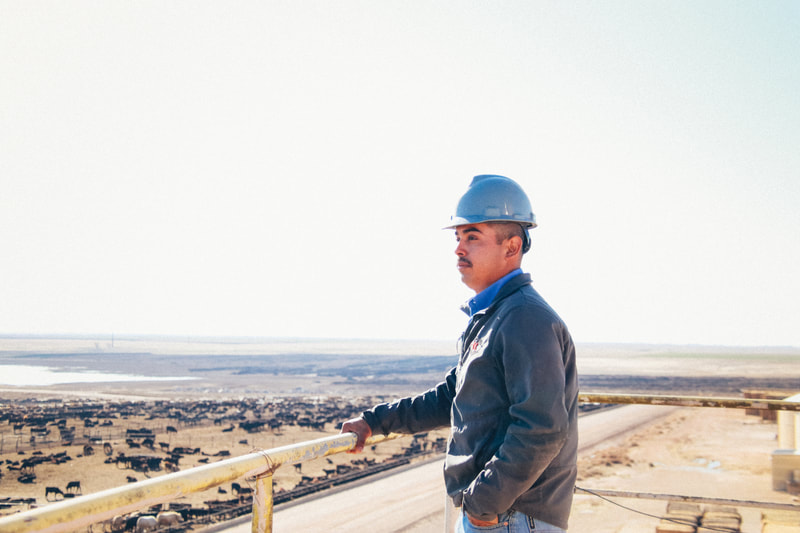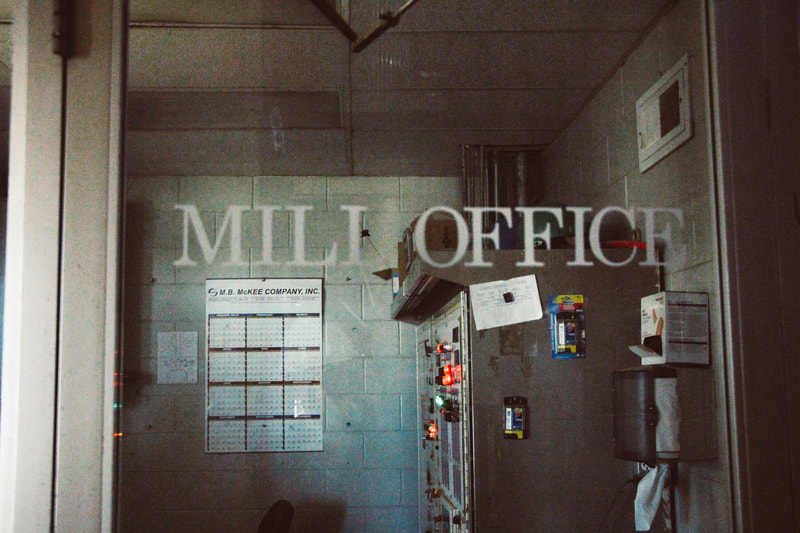TCFA News
For cattle on a feedyard, perhaps few things are as important as a steady mill operation.
It’s 5:30 a.m. when Manuel Joven arrives at the feedyard and makes his way to the feed mill. His crew is running rolls, prepping boilers and flaking corn for the day’s feed. For the more than 50,000 head of cattle that call the feedyard home, perhaps few things are as important as a steady mill operation.
A calm, laid-back morning is a sign the day is off to a good start, and as Joven puts it, “The mill should be very consistent. You want to predict what time you will make your first round of feed, second round, third round and special rations. You want to predict what time you will be done at the end of the day.” For Joven, managing the feed mill is the culmination of years of learning. Born in Mexico, he moved to Texas when he was nine years old and worked summers in the feedyard while in high school. His dad, brother, uncle and cousin all work alongside him, and Joven credits each of them for teaching him the ropes. “My dad operates the loader, so that’s how I got my background with the loader,” he says. “I’ve got an uncle that works in the mill with me, so I picked up a bunch on gear boxes, motors, belts, drags, chains — everything that goes on in the mill, I learned from him.” Similarly, his brother drives a feed truck and his cousin is the head doctor. “They know how to do the work,” Joven says. “I learned that from them. Now I know how to do the work as well.” Every morning, Joven climbs to the top of the mill and observes the yard. From there he can see if everything is running smoothly, take note of where the feed trucks are and where cattle are moving. It’s up top where Joven listens to the mill. “A bearing could start making a different noise. An auger may be rubbing against a trough,” he says. “You may just go up there, enjoy the breeze and come back down and all is good. But you stop doing that, there’s going to be one day that you could’ve prevented something.” Joven loves what he does and the industry he works in. He says the more time you spend paying attention to details, the quicker you respond to challenges before they become problems. “Little things you start looking at, like inspection doors, the bearings, the motors, the gear boxes,” he says. “Just touch them. If they’re getting hot, it is probably because they’re not lubed correctly.” Joven has had a steady mill crew for five years, a milestone he is proud of considering that long hours and manual labor can lead to high turnover. Keeping his crew around for the long haul keeps for calmer, more consistent days. “It’s tough. It’s not easy. You just got to have a passion for it,” Joven says. “But keep the guys safe, keep the guys motivated and it turns out to be pretty good.”
Carmen Fenton is the communications director for the Texas Cattle Feeders Association. She's also mom to Ella Jane (9), Hays (8) and Lane (2).
0 Comments
Leave a Reply. |
Categories
All
Archives
June 2024
|
About TCFA |
Get Involved |
|




